Growing Health through Food Education
Since 2016, the Plymouth Food Access Project has created a network of nine school gardens and three community gardens in Plymouth, Massachusetts. Our mission is to use food education as a way to cultivate environmentally conscious food consumption and production behavior. We recognize that a long-term cultural shift is needed. It can start with small local changes, ones that evolve not just personal health but the well-being of our communities.
building a field with “QISSes”
No individual efforts are too small. Using the QUISS model — building Quick, Inexpensive, Simple, Systemic gardens is an accessible approach to connecting institutions to food growing and education.
Food Gardens as a connector for community and school
Our school collaborations have grown to a network of nine gardens, impacting the Plymouth Public School community in many ways. Specifically, over 150 students participated in after school garden programming through a partnership with the Old Colony YMCA. Programming was also offered and utilized by a myriad of other K-12 population. The gardens have also become a means to cultivate the practice of land care with the community. Over the summer, 60 volunteers, families and community organizations helped tend the gardens to support this initiative.
Yield beneficiaries include Southshore Community Action Food Pantry, district-wide Tomato Sauce Initiative, free produce for the community. The nine Plymouth school gardens contributed over 300 pounds of organic tomatoes and supplied basil to the Tomato Sauce Initiative. In the spirit of advocating for a resilient local food economy and supply chain, we are currently seeking local restaurant partnerships that could potentially adopt school and community gardens.
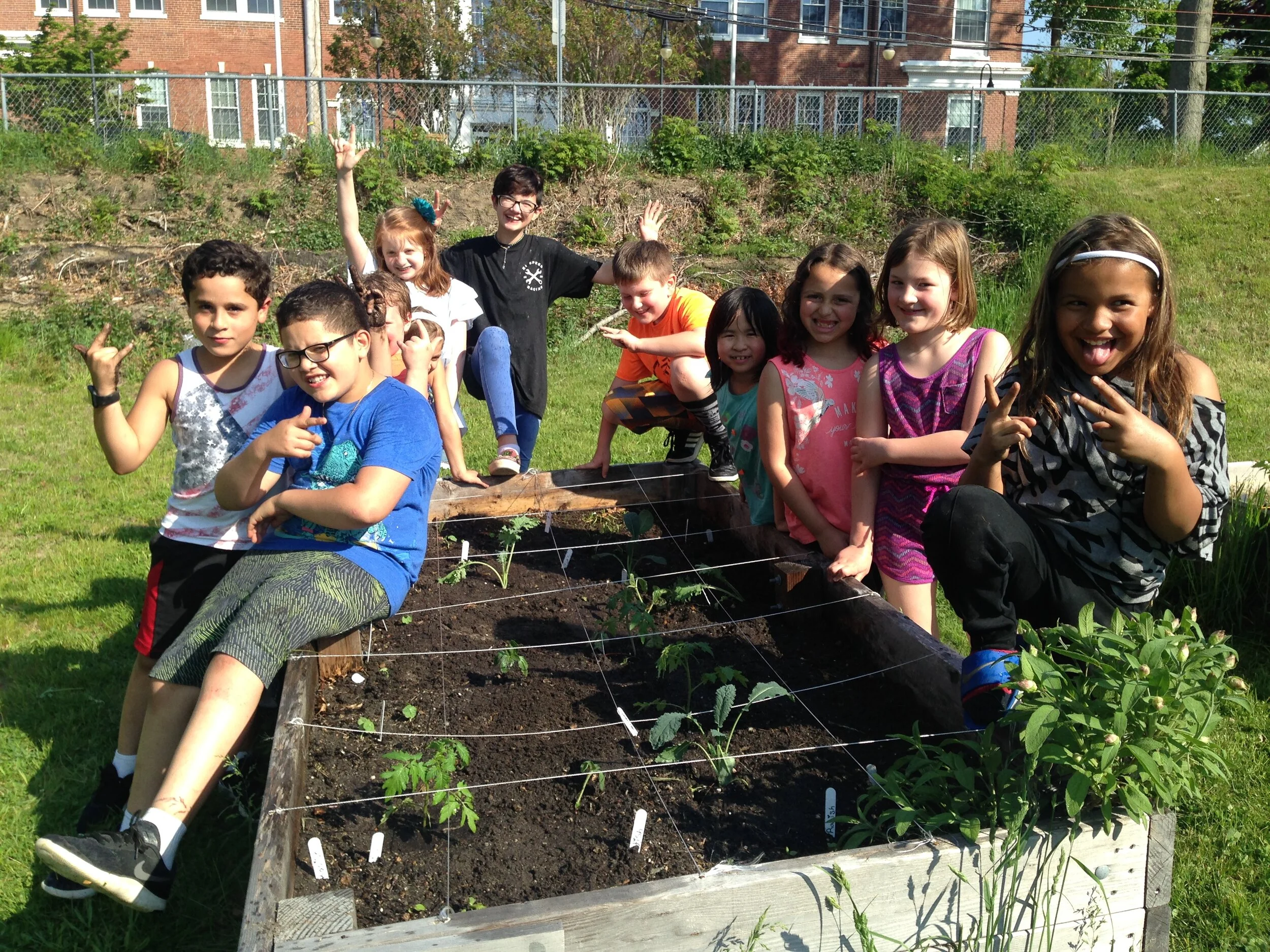
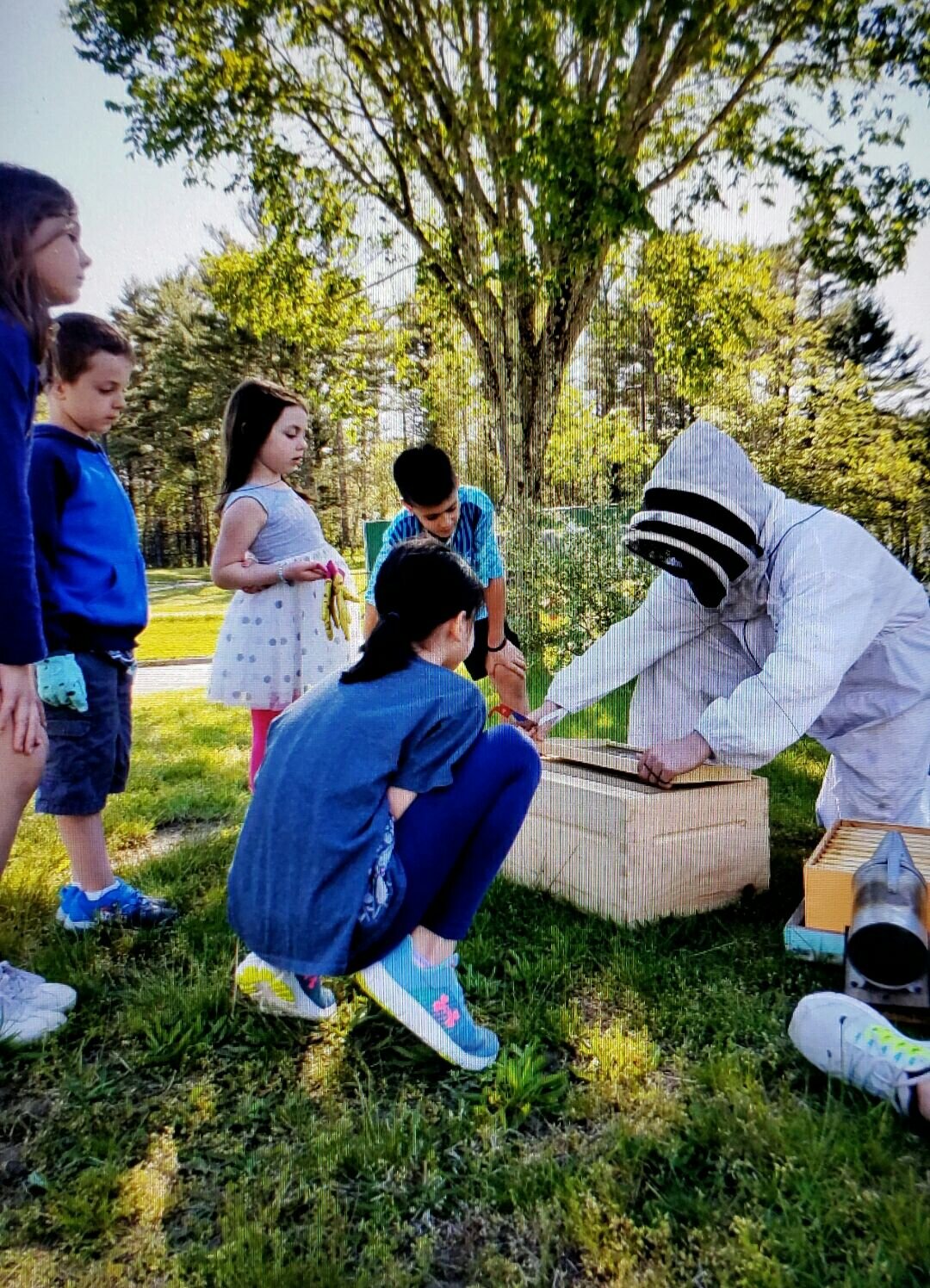
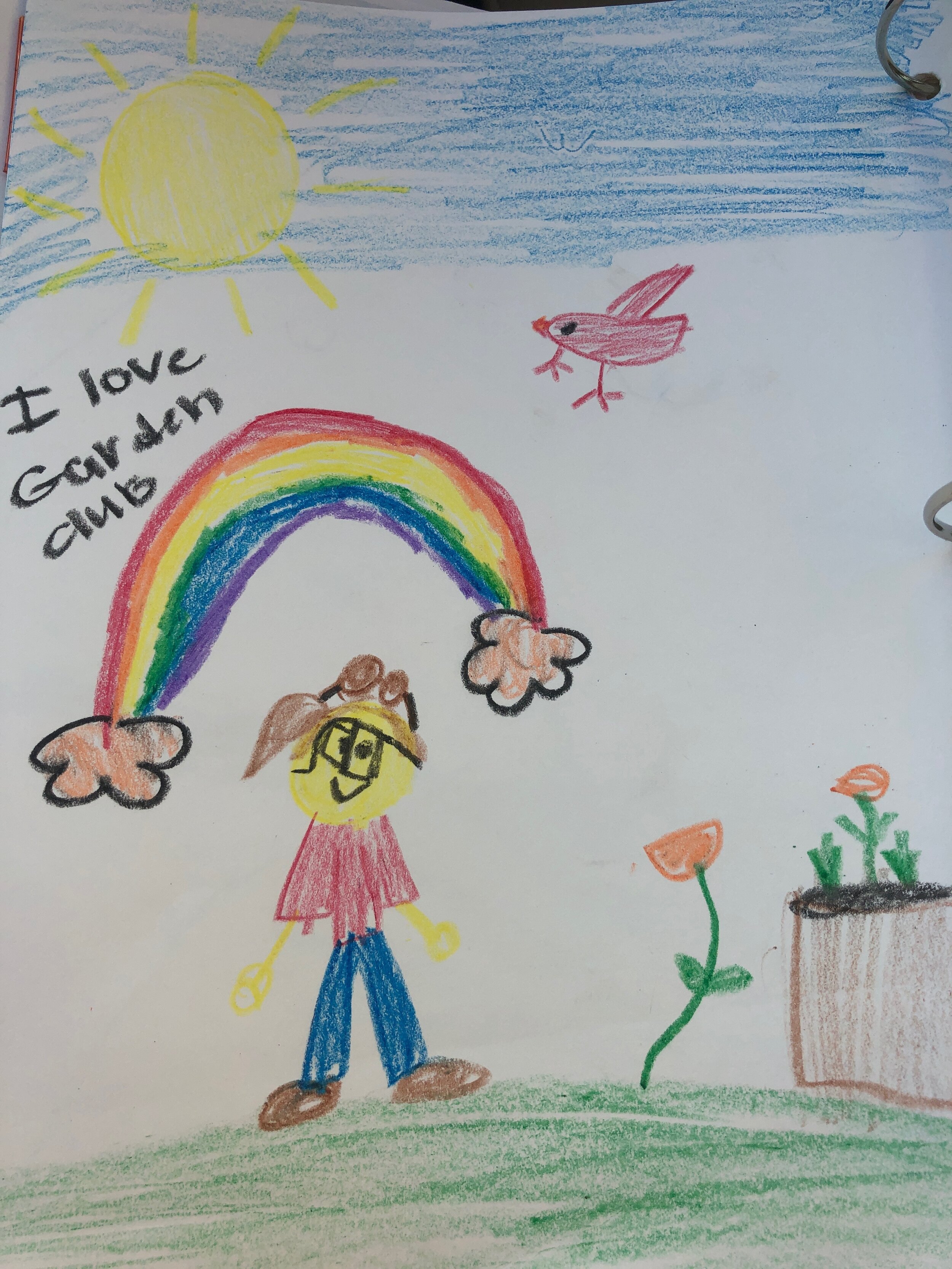
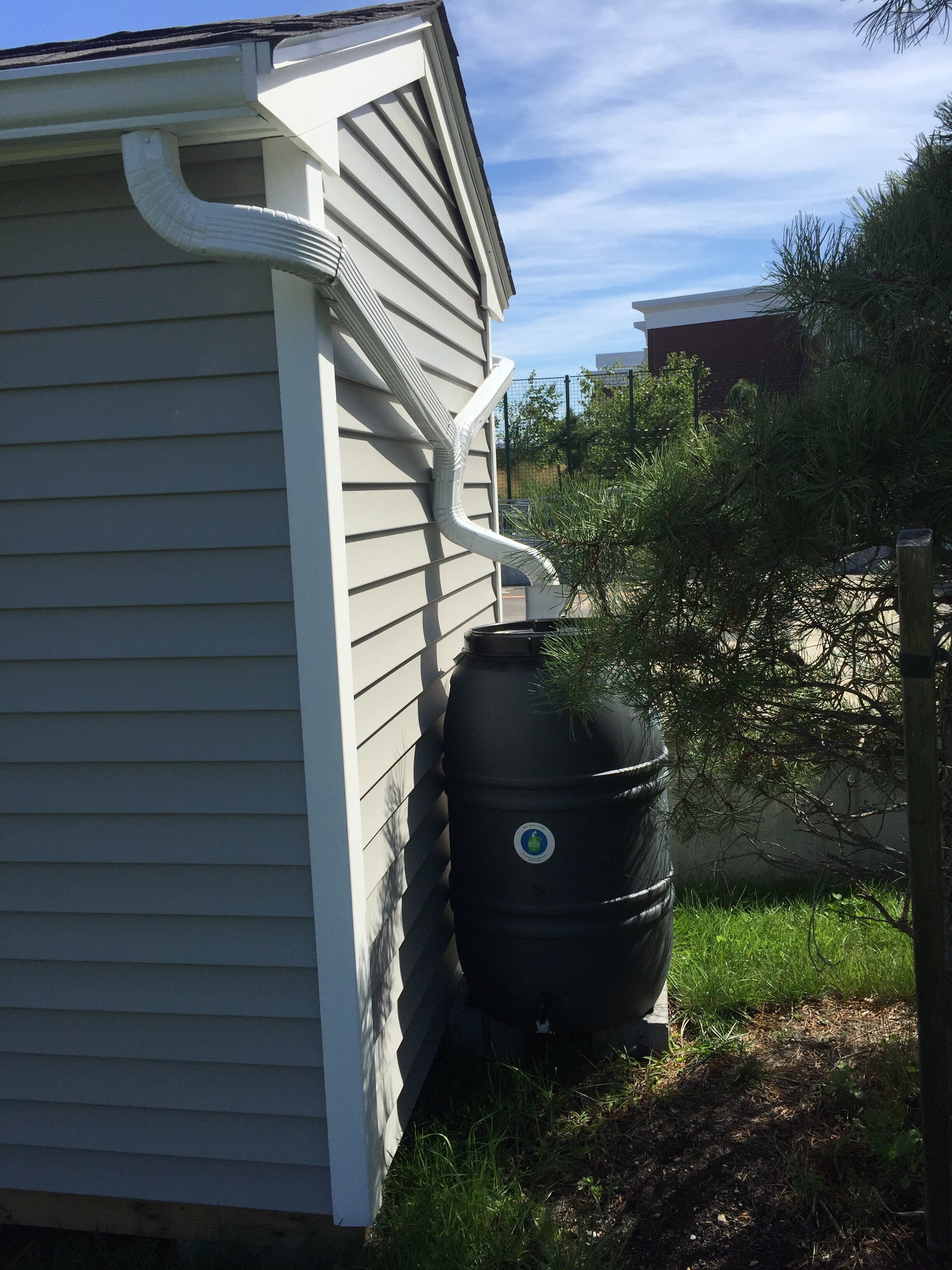
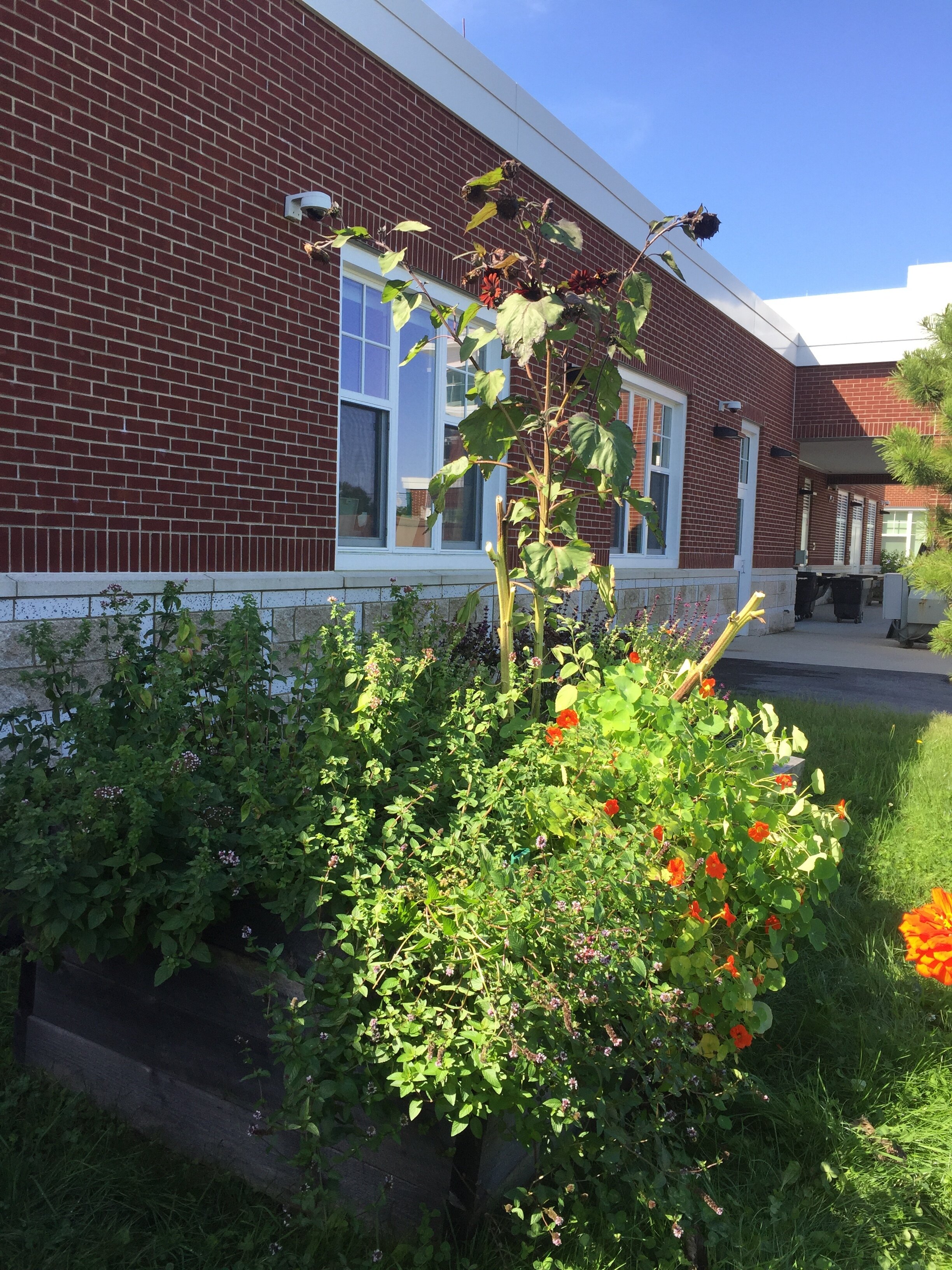
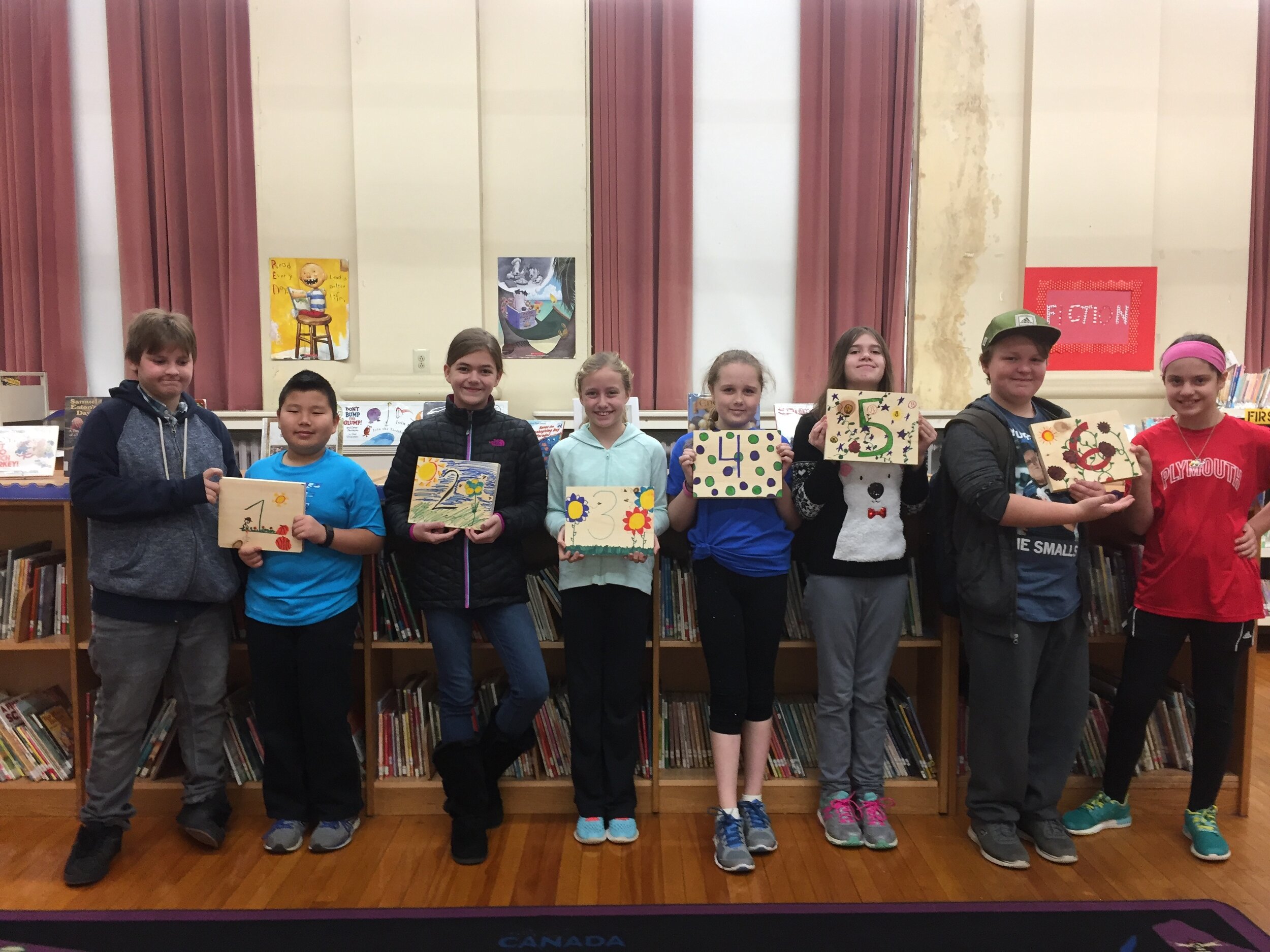
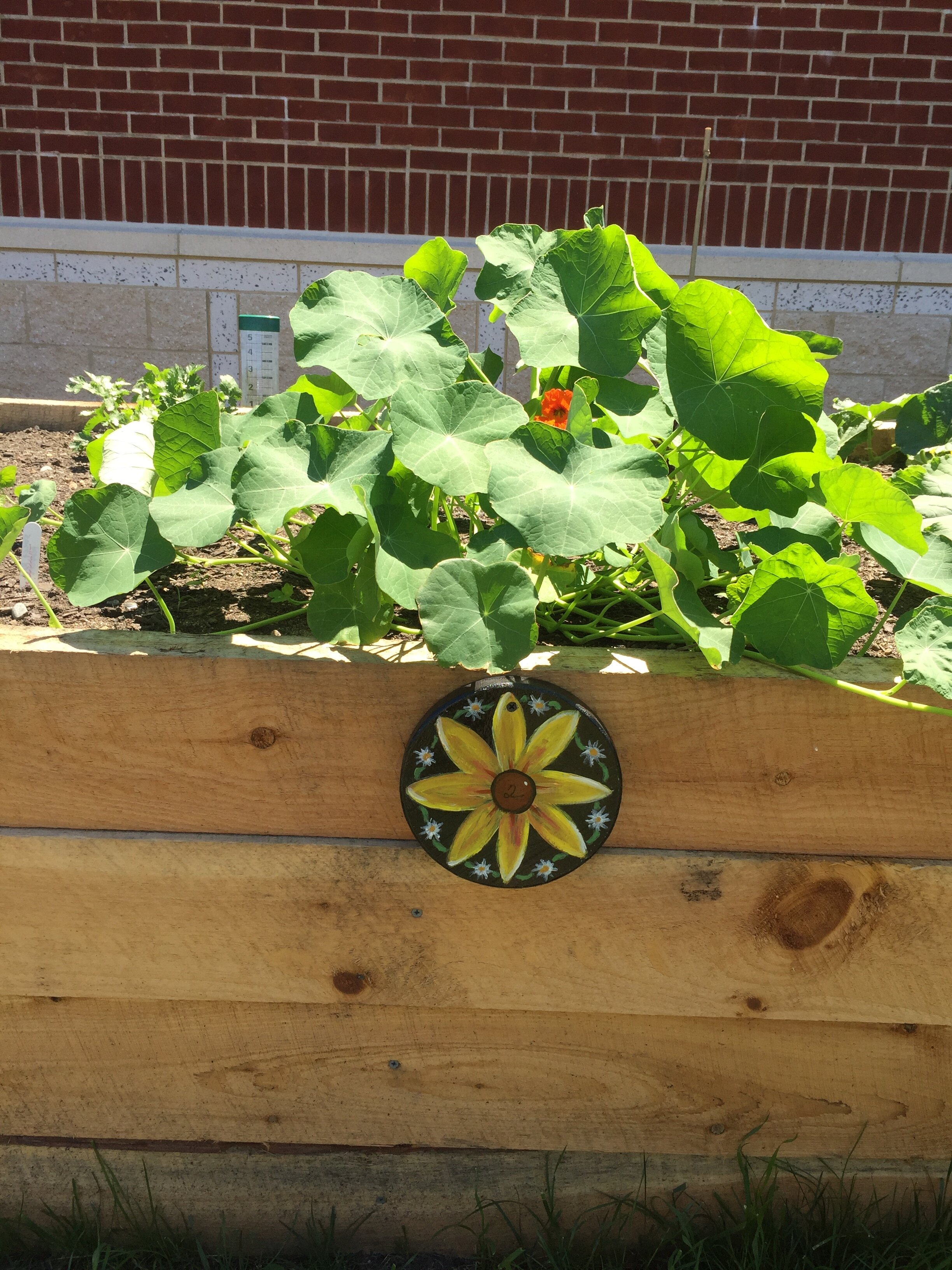
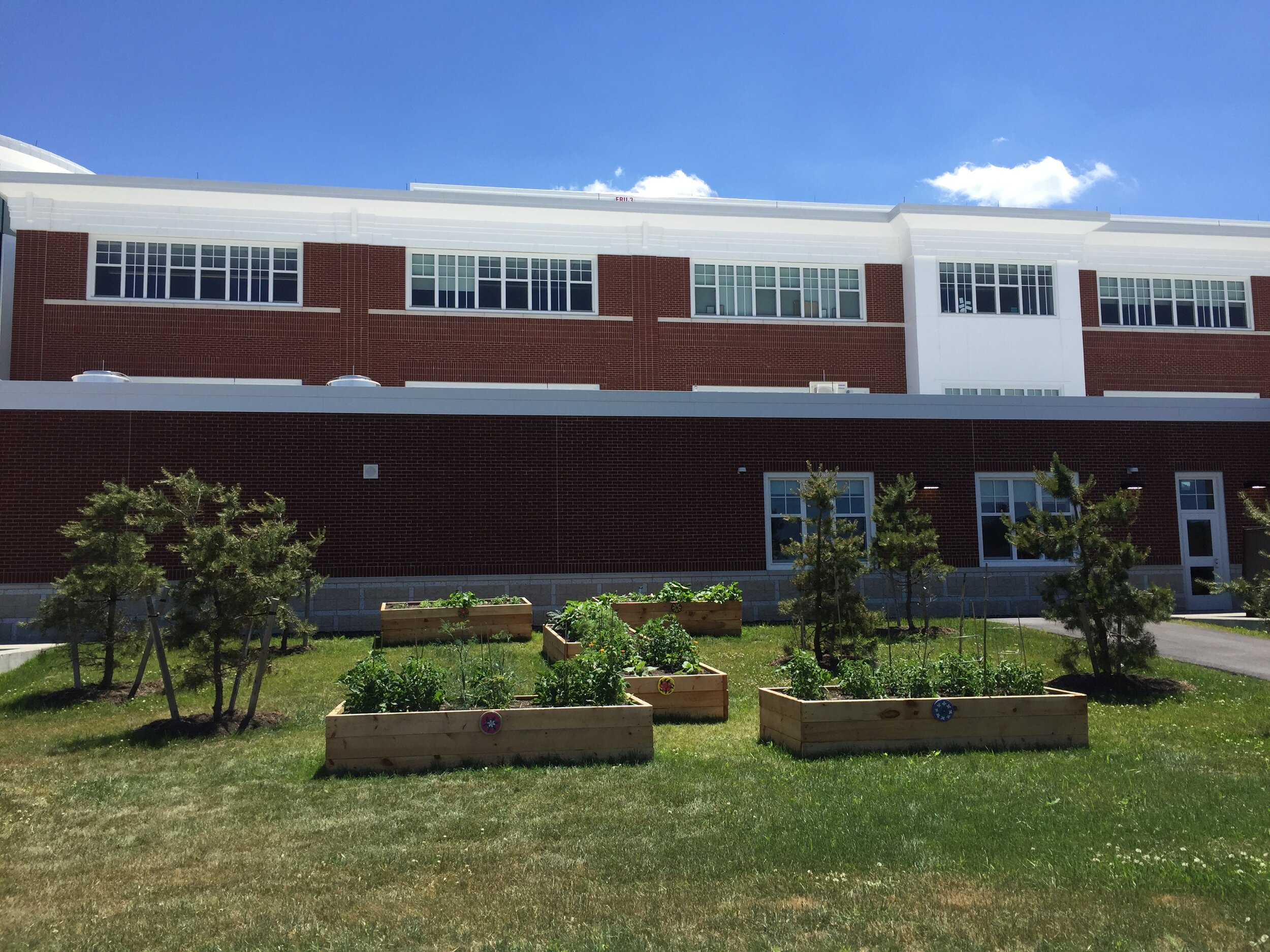
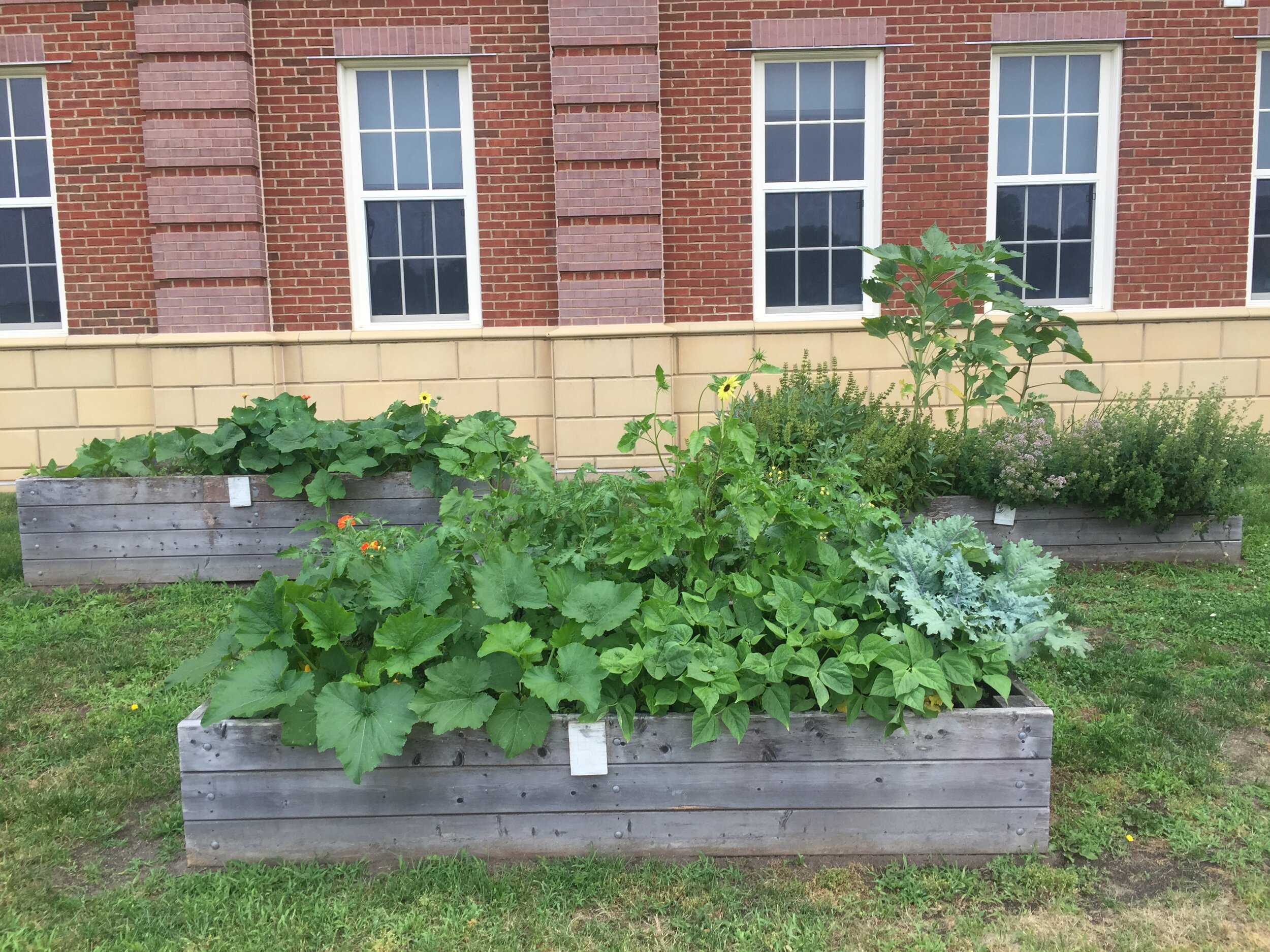
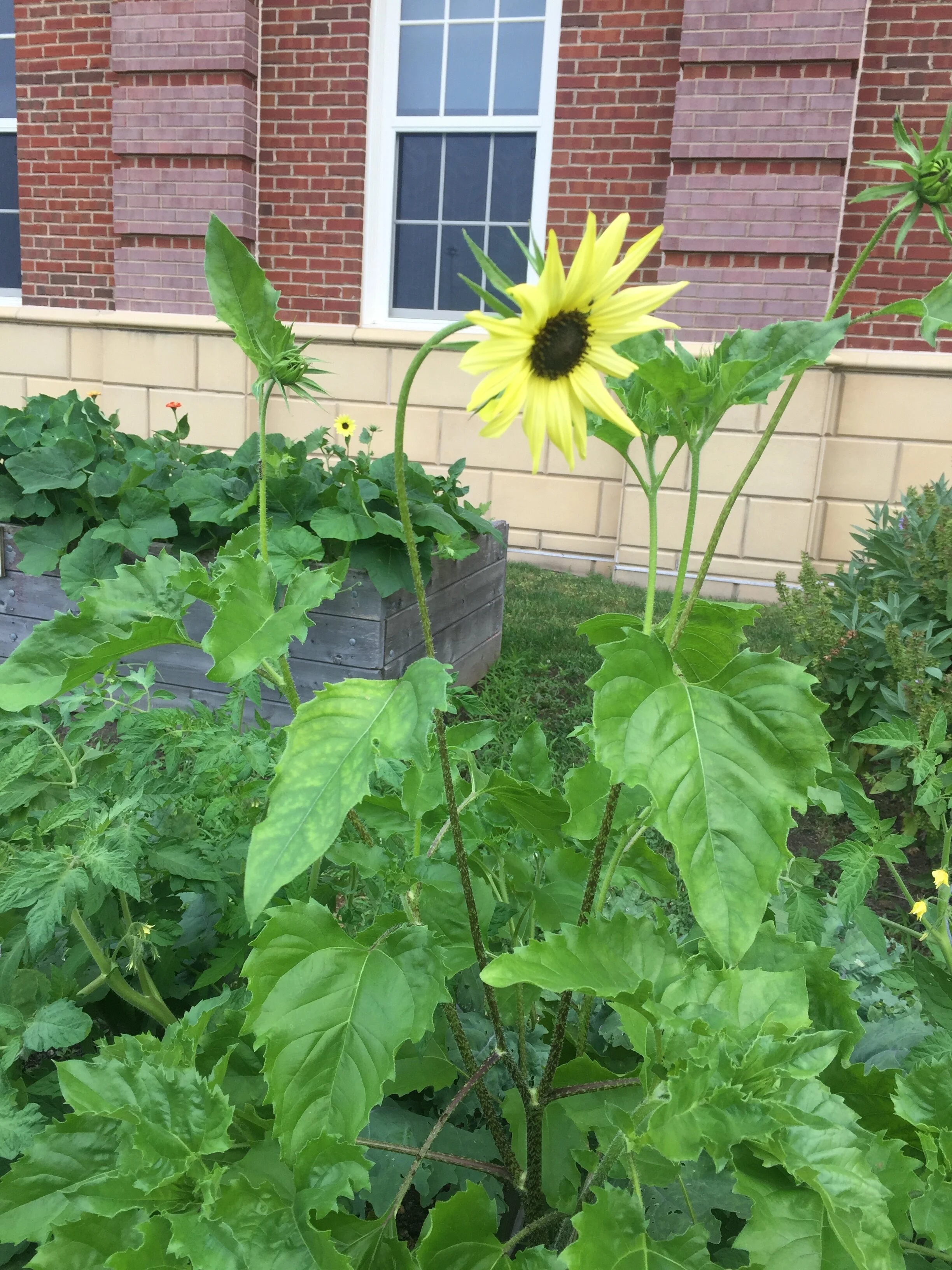
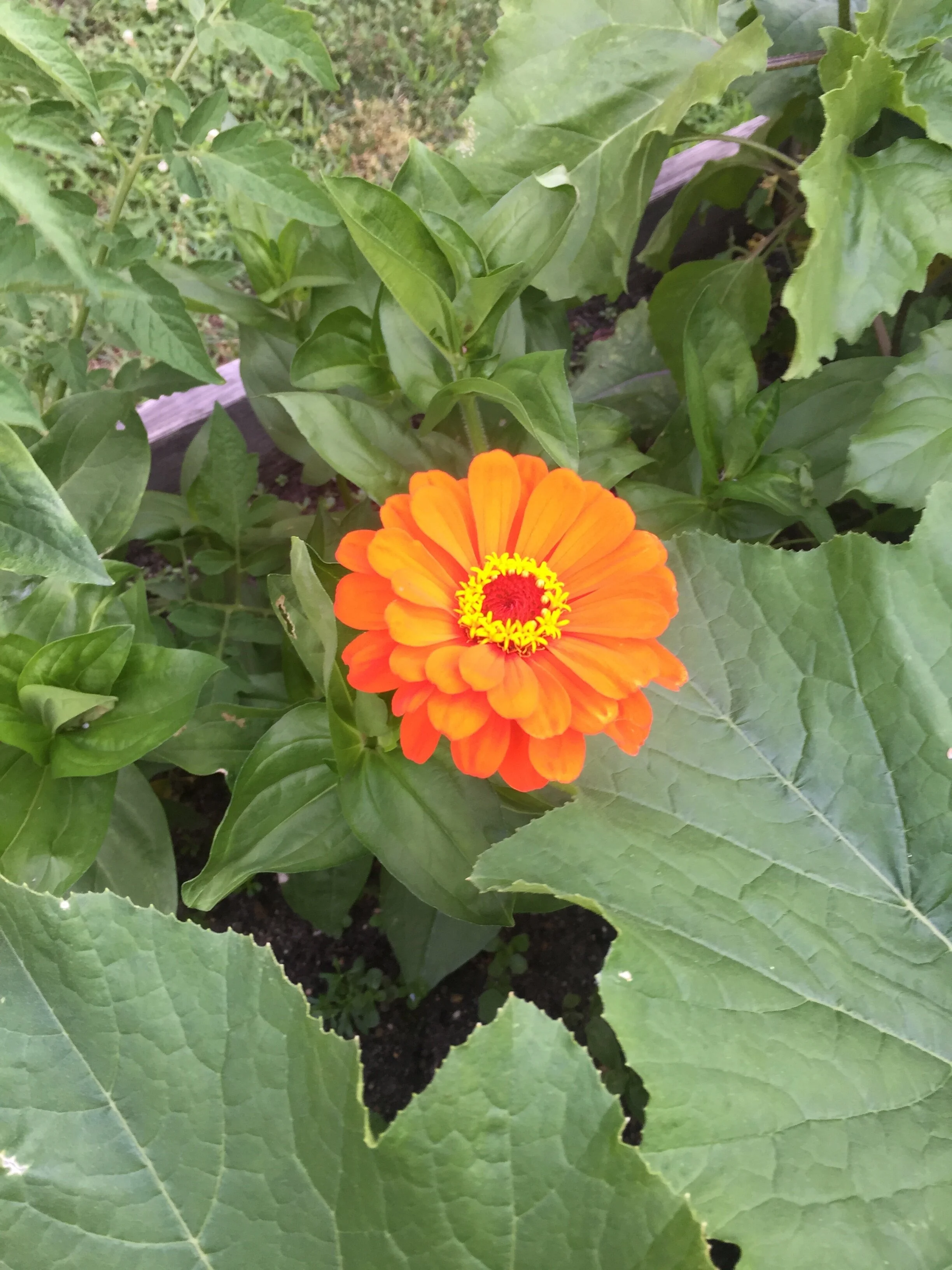
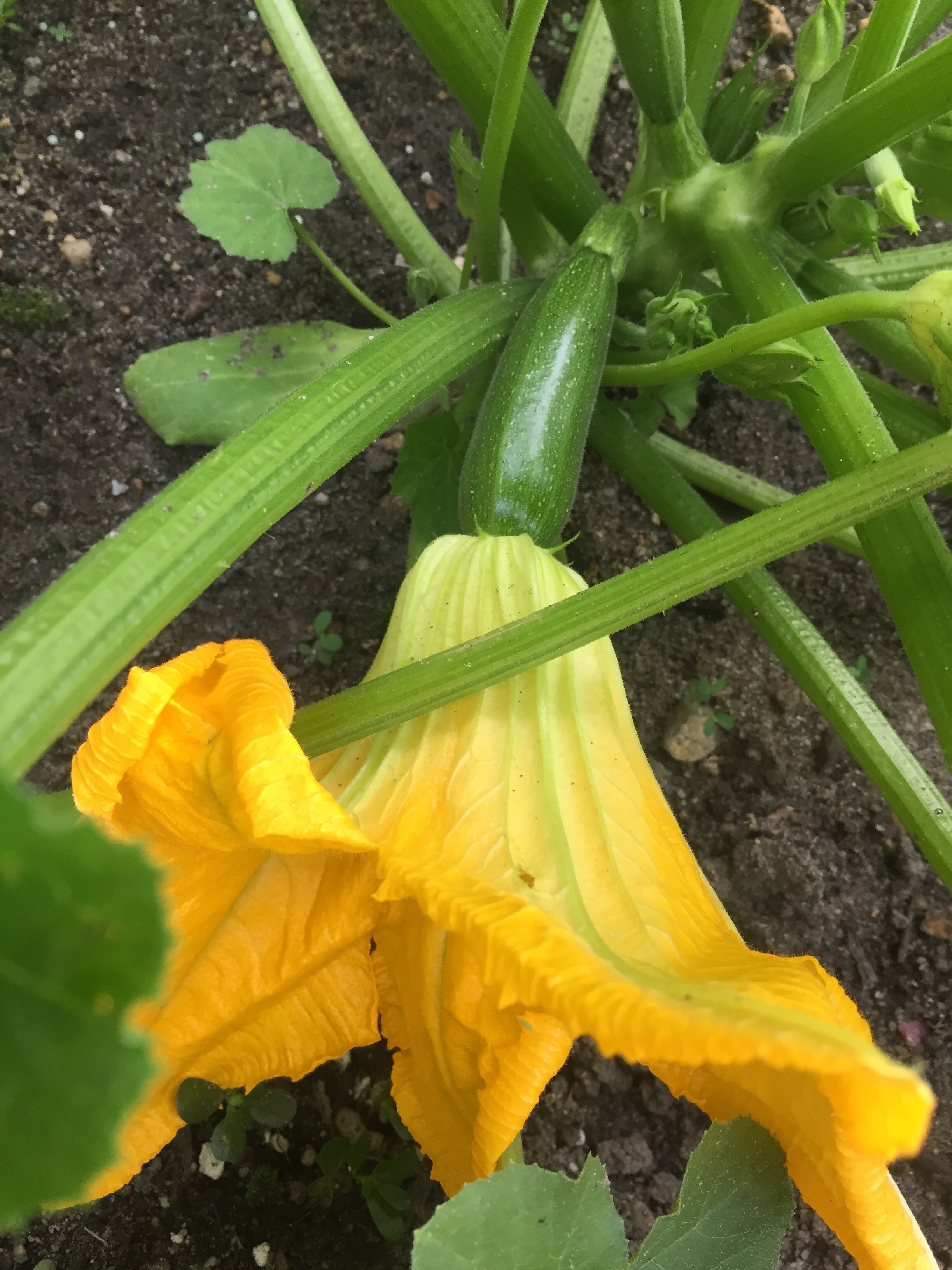
food forest for all - building local resiliency long term
Working towards systematic change requires a cultural change. Cultural change requires a community practicing, learning and evolving their values and skills. We believe that having a dedicated public space for long term programming and education is crucial. We are identifying parks and open spaces that could serve as an educational and community growing center. They will facilitate a broader base of educational opportunity for the whole community. Our Boston team had just completed a 4-year public urban food forest project, funded by the Somerville Community Preservation Act. Check out our story for the Somerville Community Growing Center.
Beyond the classroom
Connecting to Local farm
Sponsoring a mobile farmers market that enabled high school students to work on Colchester Farm that provided local produce to the Mobile Farmers Market within their community.
Collaborating with Low-Income Housing
Algonquin Heights Community Garden provides opportunities to build community connections. Families have learned organic principles as well as uses for their yield and medicinal herbs. Providing organic free produce steps away from a supermarket and McDonalds has changed the eating habits of the residents.
meet jackie ! learn more about plymouth food access project
PCN PACTV Community News - Tomatoes Harvest with Plymouth County Sherriff Department and Plymouth Public Schools
Tomato Sauce Initiative - Garden to Table by students and community

